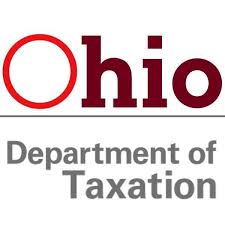Another Round of 2020 BWC Refunds for Ohio Employers
 The Ohio BWC announced this week that they are issuing a $5 billion dividend to ease the financial pressures organizations may be experiencing amid the ongoing coronavirus (COVID-19) pandemic.
The Ohio BWC announced this week that they are issuing a $5 billion dividend to ease the financial pressures organizations may be experiencing amid the ongoing coronavirus (COVID-19) pandemic.
This is being issued in addition to a recent $1.3 billion dividend that was issued at the end of October.
Checks will be mailed by the BWC to eligible employers in Mid-December.
How much will an employer receive?
BWC defines the private employer dividend as 372% of billed premium for eligible employers for the policy period of July 1, 2019, through June 30, 2020. BWC will apply the percentage to the blended premium amount.
BWC defines the public employer dividend as 372% of billed premium for eligible employers for the policy period of Jan. 1, 2019, through Dec. 31, 2019. BWC will apply the percentage to the blended premium amount.
Who is eligible for the dividend?
Eligibility is defined as follows:
- State Insurance Fund employers (private employers or public employer taxing districts only).
- The employer must have reported payroll greater than zero for the applicable policy period.
- The employer must have been billed premium for the applicable policy period.
- Employers must have completed their payroll true-up for policy year 2019 as of Oct. 2, 2020.
- The employer must be in an active, reinstated, combined, cancelled – business sold, or debtor-in-possession status or, in a lapsed status with a lapse date of Jan. 1, 2020 or later as of Oct. 2, 2020.
For further details on this dividend, please visit the BWC website here.
If you have any questions regarding this announcement, please contact your Whalen advisor.
SOURCE: Ohio BWC



 The Ohio Tax Commissioner announced Friday that Ohio will be following the federal government and IRS in extending the deadline to file and pay the state income tax.
The Ohio Tax Commissioner announced Friday that Ohio will be following the federal government and IRS in extending the deadline to file and pay the state income tax.

